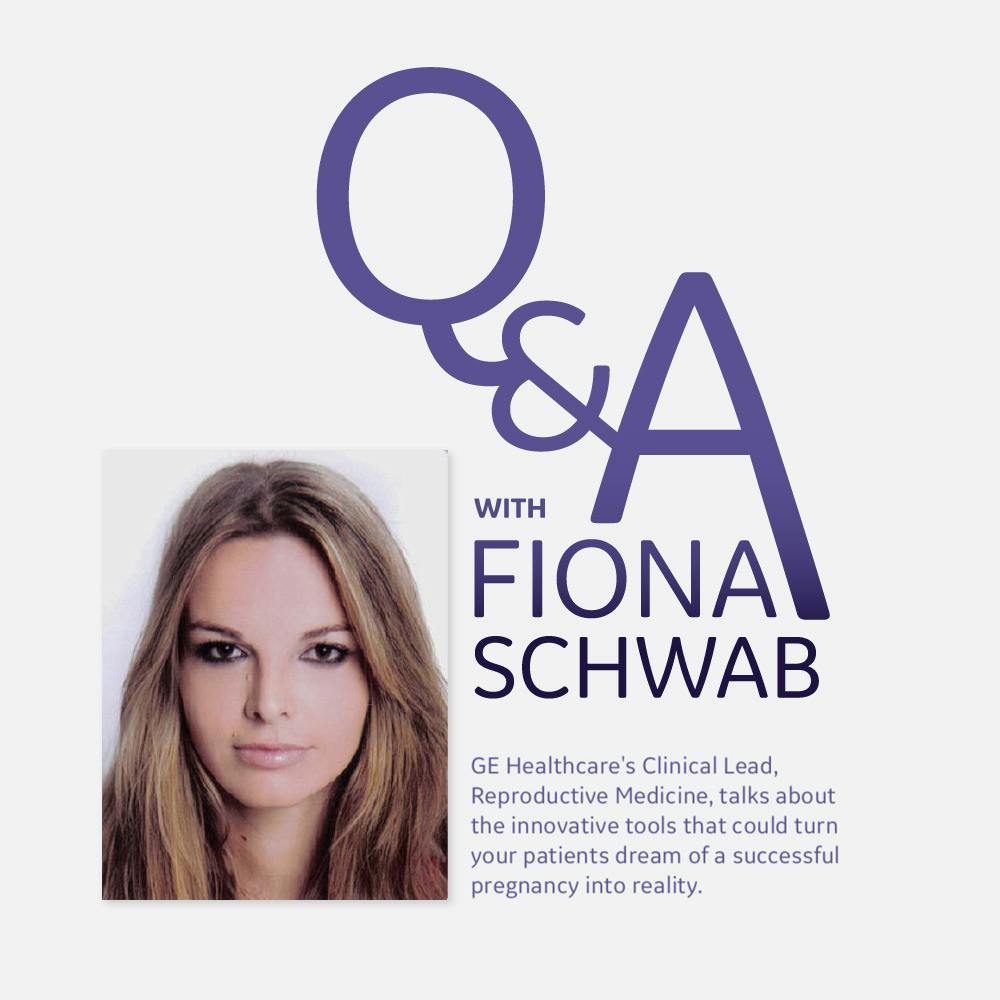Artificial intelligence (AI) is impacting many industries: It's changing online banking, improving cybersecurity and even being used in the medical field to more efficiently collect patient data. Now, researchers are exploring how combining AI and IVF could improve women's healthcare.
AI in Brief
Just how much are healthcare companies spending on AI? According to the market intelligence firm Tractica, the industry spent close to $1 billion on the technology in 2017, a figure that is predicted to rise to $34 billion by 2025. This amount undoubtedly demonstrates a great interest in this new frontier of healthcare technology.
IT Pro explains the different types of available AI technology in terms of strength and usage: weak and strong, and applied and general. Weak AI can be seen in products like Siri that simply use the internet to provide information. Applied AI refers to machines built for specific tasks. AI does not currently exist in strong or general forms, which would mean it was capable of human cognitive functions like learning, reasoning and applying knowledge to novel situations.
To work, AI requires the input of huge quantities of data to help it recognize patterns and anomalies or to make accurate predictions. This data input allows AI programs in the medical field to learn to make a diagnosis, recognize an image or spot patterns in data.
Are Current IVF Technologies Fueled by AI?
One fairly recent technological advance, the Early Embryo Viability Assessment (Eeva) system, is often mistaken for an AI-driven system, but its capabilities are not as advanced as those of an AI. The Eeva system uses imaging to assess the potential implantability of embryos after in vitro fertilization.
According to the U.S. Food and Drug Administration (FDA), makers of the Eeva test applied for a de novo classification for this technology in 2012. A de novo device, in FDA terms, means that it has no legally marketed predecessors and is a novel medical device. Special controls provide reasonable assurance of safety and effectiveness for the intended use of a de novo product.
In its FDA application, Eeva is "limited to adjunct use" in grading embryos, which means that a human expert first decides independently which embryos appear to have good potential for implantation and marks them for imaging by the system. The Eeva device does not provide information about embryonic genetic quality; it only predicts the embryo's potential to progress if implanted. On a basic level, the Eeva is an incubator paired with a computer and optics. The machine takes pictures of embryos every five minutes over a three-day period and reports on whether the cells divided during the expected time windows.
A study on this technology in the Journal of Assisted Reproduction and Genetics reports that embryologists using morphology alone to choose embryos with a "high developmental potential" had a specificity of about 39 percent. When morphology was accompanied by the Eeva test, specificity rose to around 76 percent. According to the study, the use of morphology alone normally results in around 50 percent of embryos failing to implant, which explains the relatively low general success rate for IVF.
AI and IVF Technology May Be On the Horizon
Pre-implantation genetic testing(PGT) has, until this point, been the only reliable way to identify embryonic chromosomal abnormalities, but this testing is costly and invasive.
The Australia-based company Life Whisperer claims to evaluate embryo quality using an AI system that is purported to increase the success of implantation by 50 percent over morphology alone. The company uses a database of embryo images, each accompanied by the embryologist-assigned morphological grade, along with genetic screening results and pregnancy outcome data to drive its AI system. This system is a web-based decision tool with instant reporting; a physician simply uploads a picture of the embryos and receives an answer in real time.
This company has also recently announced that it is able to screen for aneuploidy — an abnormal number of chromosomes — using AI embryo analysis, rather than by aspirating the embryo for genetic testing. Some scientists are skeptical whether this is possible, however. Cornell University embryologist Nikita Zaninovic told the Daily Mail that there simply aren't a sufficient number of images of aneuploid embryos to create a data set large enough to allow AI to recognize an abnormality.
More recently, researchers at Cornell University have trained an AI to distinguish between images of good quality embryos that might produce a viable pregnancy and poor quality embryos that might not. That AI, called Stork, was trained on over 12,000 images and eventually achieved a 97 percent accuracy rate for identifying healthy embryos.
The Cost of AI Compared to Traditional Testing
Using AI to tell us which embryos are likely to implant and result in successful pregnancies seems like an expensive proposition on the surface. However, if the results are consistent and repeatable, this technology will likely save trauma and money for patients. Repeated rounds of fertility treatments, genetic testing, miscarriages, prenatal care for twins or higher multiples and hospitalizations for premature infants are all costly and draining experiences for prospective parents.
AI technology for morphological assessment has potential as a remote service. Alongside emerging technologies like cloud-based image storage and ultrasound machines embedded with AI algorithms, the intersection of AI and IVF has the potential to provide quick access to diagnostic information. A web-based service would be scalable and work for small and large practices alike.
What AI Will Help Us Learn
Scientific American suggests we've barely scratched the surface when it comes to AI and IVF. Technology like Eeva only focuses on one embryo at a time, judging each one by a limited set of criteria that does not change or adapt. AI's ability to learn and incorporate new data is poised to move the field of reproductive technology far beyond the helpful but limited methodology that is currently available.
AI will remain, at least for the time being, human-directed. Despite what you see in the movies, AI will not take over the world; instead, it may introduce us to a new one whose possibilities are limited only by our imaginations.





